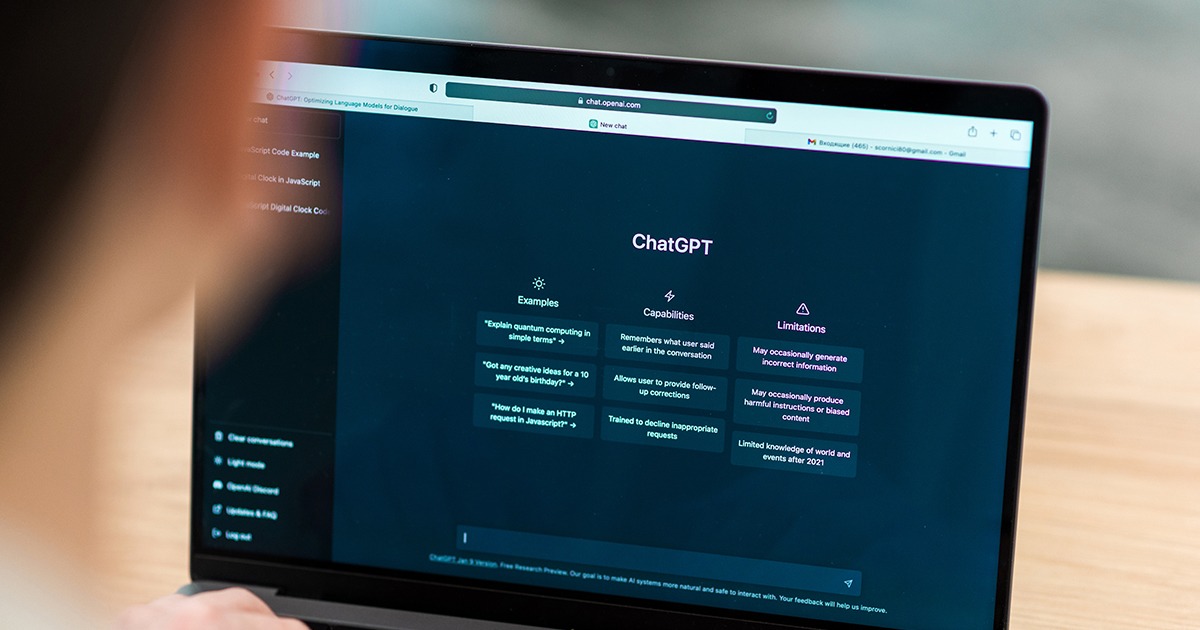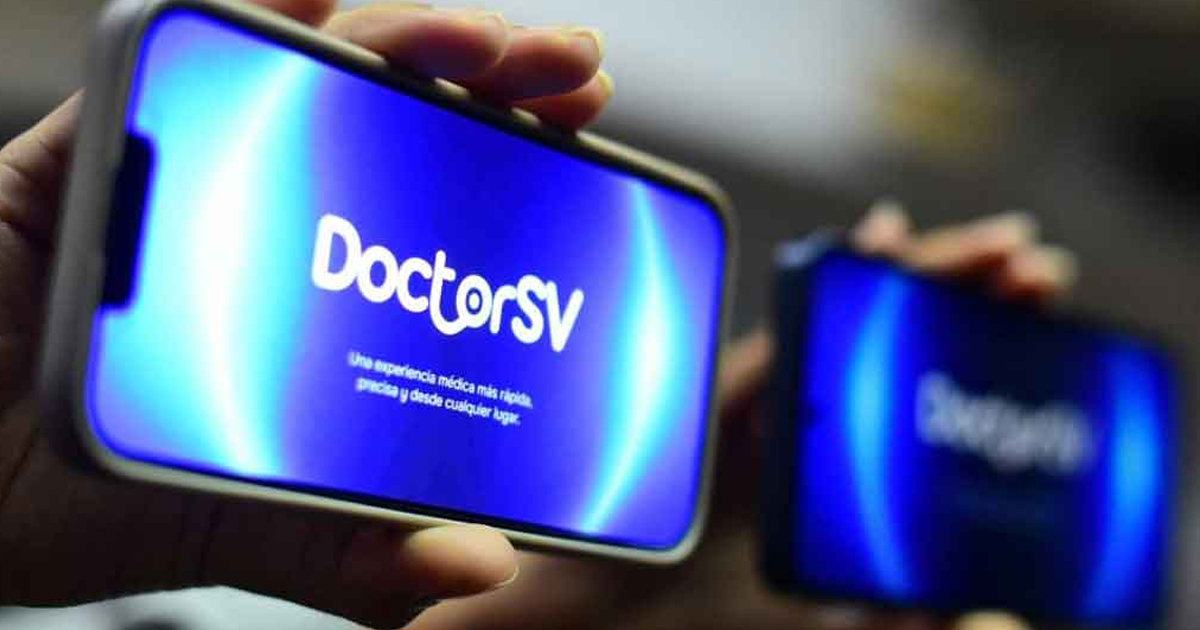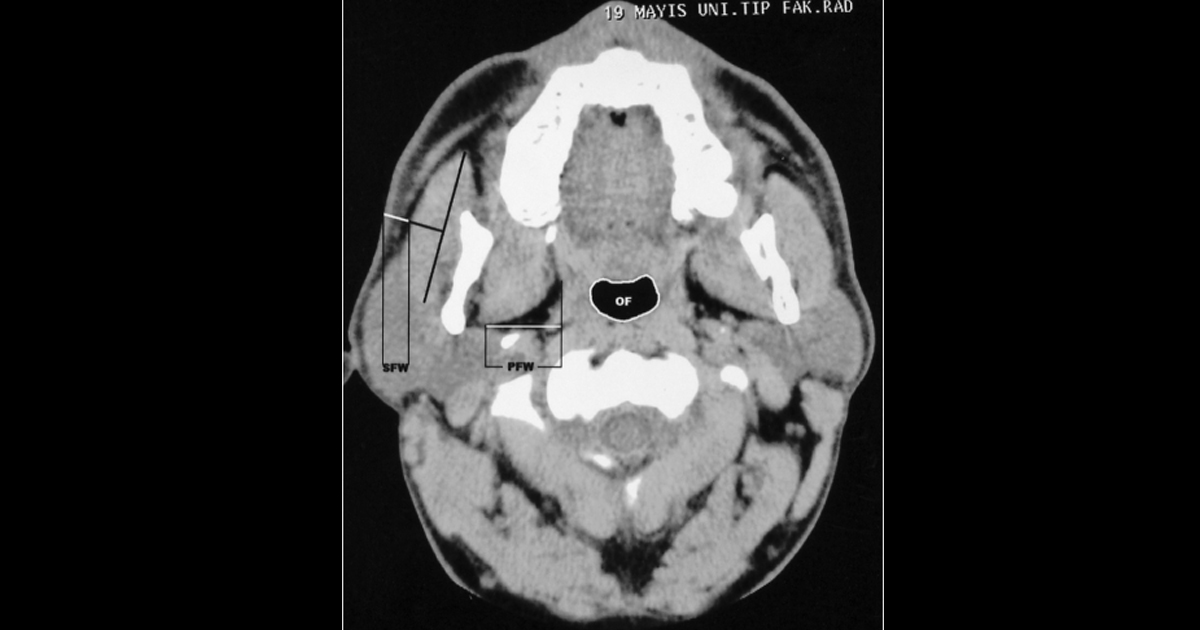Artículo publicado en SAGE Journals Digital Health, explora las perceptivas de adopción de modelos de nutrición basados en tecnología, así como el aumento en su uso en hospitales.
El objetivo del estudio fue determinar los factores y perspectivas que favorecen la adopción, ampliación, sostenibilidad y difusión de modelos de atención nutricional basados en tecnología, específicamente en entornos hospitalarios y de atención ambulatoria.
“Los modelos de atención respaldados por la tecnología están alterando la atención tradicional de la salud y la nutrición, emergiendo como una forma factible y sostenible de optimizar el acceso equitativo a los servicios”, explica el estudio. Además, plataformas asincrónicas como apps móviles o herramientas web, son ideales para que los pacientes puedan acceder fácilmente a la información en cualquier momento, funcionando como un enfoque de autogestión.
Herramientas como la telehealth, han sido aprovechadas por los profesionales de la nutrición para pacientes con afecciones crónicas en diferentes entornos. Además, la pandemia aceleró el uso de este tipo de modelos de atención.

Para el estudio, los autores utilizaron como método entrevistas semiestructuradas individuales a 31 proveedores de servicios de salud. En este sentido utilizaron el marco de no adopción, abandono y desafíos del escalamiento, difusión y sostenibilidad (NASS, por sus siglas en inglés), el cual mide el éxito de modelos respaldados por tecnología.
“El marco NASSS incorpora siete dominios, a saber, la condición; La tecnología; the value proposition; the system adopción; the organización; el contexto más amplio y la integración y adaptación a lo largo del tiempo”, explican loa autores.
Los investigadores encontraron que los modelos de atención respaldados por tecnología beneficiaron a diversos grupos de pacientes. Por ejemplo, en la variable de Condición del NASSS, mostraron que estos modelos de atención nutricional fueron adecuados para la mayoría de los grupos de pacientes con enfermedades crónicas.
Y sobre la Adopción, los dietistas explicaron que tuvieron que adaptarse a la forma de brindar atención, ya fuese telefónica o por video conferencia. De igual forma reconocieron que la pandemia intensificó el uso de modelos de atención con apoyo tecnológico.
En cuanto a las barreras percibidas, los autores detallan que también está sujeto a las experiencias y habilidades previas de los pacientes, o a la falta de confianza de los proveedores de salud en la tecnología. Sin embargo, los factores habilitadores que respaldan los criterios del NASS permiten que la atención presencial coexista con los modelos tecnológicos que además facilitan el trabajo de los profesionales, en este caso de la nutrición.
Consulta el estudio completo aquí: https://journals.sagepub.com/doi/full/10.1177/20552076221104670







